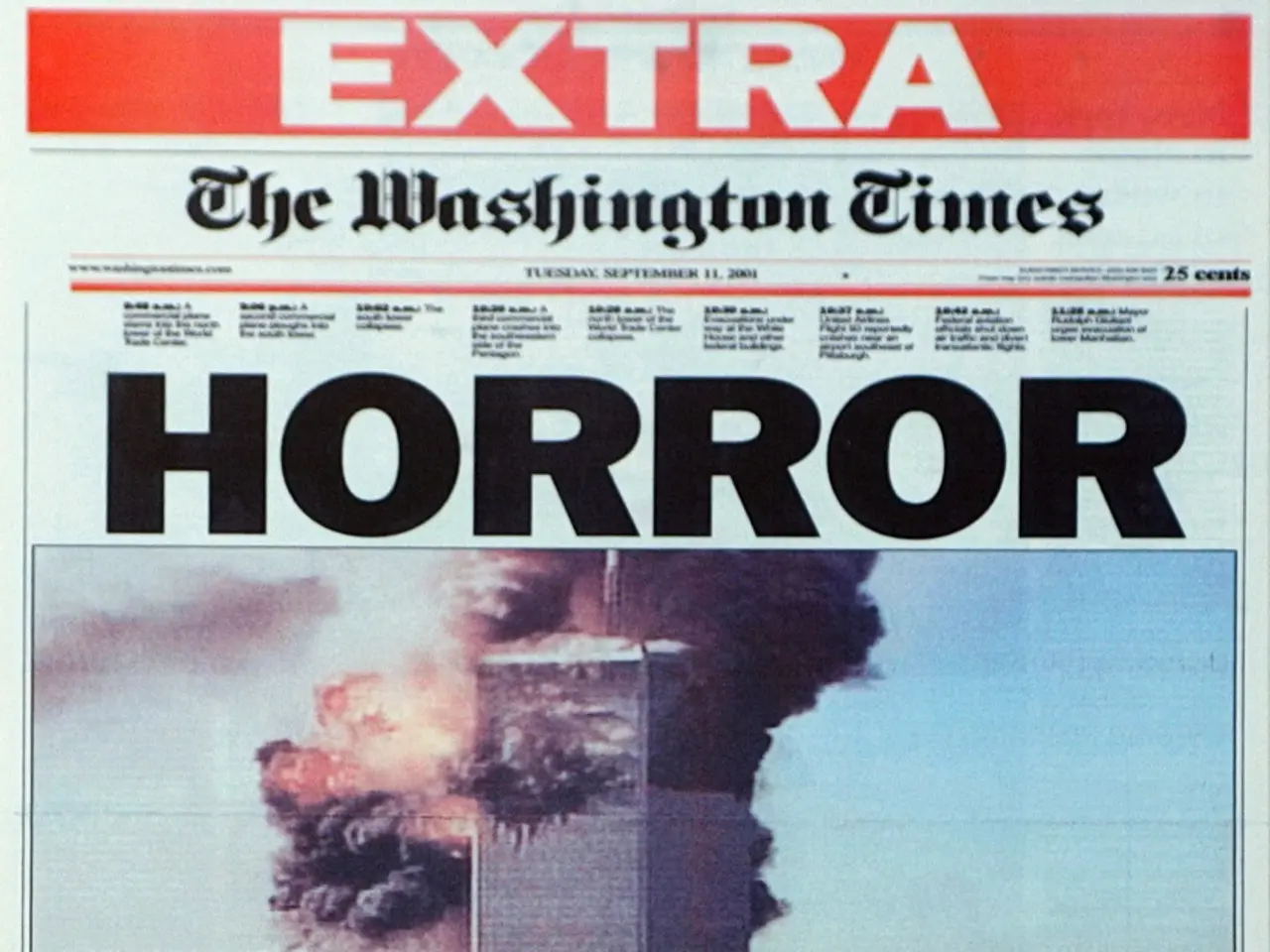U.S. Government imposes sanctions on crucial Iranian maritime transportation network, intensifying the pressure campaign
In the face of significant U.S. sanctions on the shipping empire controlled by Mohammad (Hossein) Shamkhani, Iran's oil sales have demonstrated remarkable resilience.
According to reports, Iran's oil exports averaged approximately 1.7 million barrels per day in the first half of 2025, setting new records and defying sanctions and geopolitical pressures.
The U.S. Treasury's largest Iran-related sanctions package since 2018 targeted Shamkhani’s extensive shipping network, which operates a large fleet disguising its ownership through multiple companies and aliases to ship Iranian (and Russian) crude oil primarily to buyers in China. Despite these sanctions, intended to disrupt this empire and curb Iran’s oil revenues, Iran has sustained and even increased oil exports using sophisticated methods and economic diplomacy.
Iran’s Oil Minister has confirmed the country’s determination not to let U.S. efforts reduce oil exports to zero, and data from tanker tracking and international agencies confirm that these sanctions have not meaningfully diminished Iran’s oil export volume or revenues. The sanctions on Shamkhani’s shipping fleet add pressure but have so far failed to stop Iran's oil sales surge amid ongoing geopolitical challenges and U.S. attempts to isolate Iran economically.
Steve Witkoff, President Donald Trump's special envoy, has asserted that key infrastructure at the three sites targeted by U.S. airstrikes was destroyed, and it would take Iran ten years to be able to begin enriching uranium again. However, this assessment appears inconsistent with the Pentagon's statement that the program itself had been setback "one to two years."
The re-engagement efforts for nuclear talks have been put on the back burner, and pursuing Iran nuclear deal talks are no longer a short-term priority for the Trump administration. Secretary of State Marco Rubio has stated that the aim is to continue until Iran accepts a deal that advances regional peace and stability and forgoes all aspirations of a nuclear weapon.
Trump has stated that he is in no rush to talk because they obliterated Iran's nuclear site. CNN has reached out to Witkoff's office for comment. The move comes as the Trump administration has sanctioned more than 115 individuals, entities, and vessels that make up a vast shipping empire controlled by Hossein Shamkhani, son of a top political adviser to Iran's Supreme Leader. Hossein Shamkhani's network controls a significant portion of Iran's crude oil exports and has touch points around the world.
Sources: 1. The Wall Street Journal 2. Reuters 3. Bloomberg 4. CNN 5. Associated Press
- The ongoing politics surrounding U.S. sanctions on Iran's oil exports and the shipping empire controlled by Hossein Shamkhani, a top political adviser to Iran's Supreme Leader, have dominated general news, with war-and-conflicts and crime-and-justice aspects emerging from the sanctions' impact on international trade and diplomacy.
- Among the policy-and-legislation developments, the Trump administration's decision to target Shamkhani’s shipping network, aiming to disrupt Iran’s oil revenue, has been met with Iran's resilient oil sales, averaging 1.7 million barrels per day in the first half of 2025, according to reports.
- In the face of these conflicts and economic pressures, Iran's Oil Minister has announced the country's firm stance on maintaining and potentially increasing oil exports, setting a defiant tone for the ongoing negotiations regarding the Iran nuclear deal and the broader politics of the Middle East.







